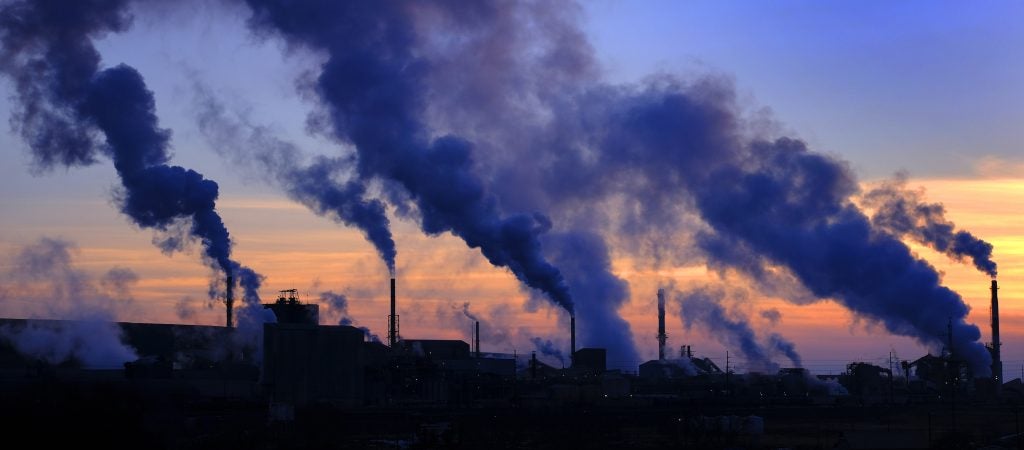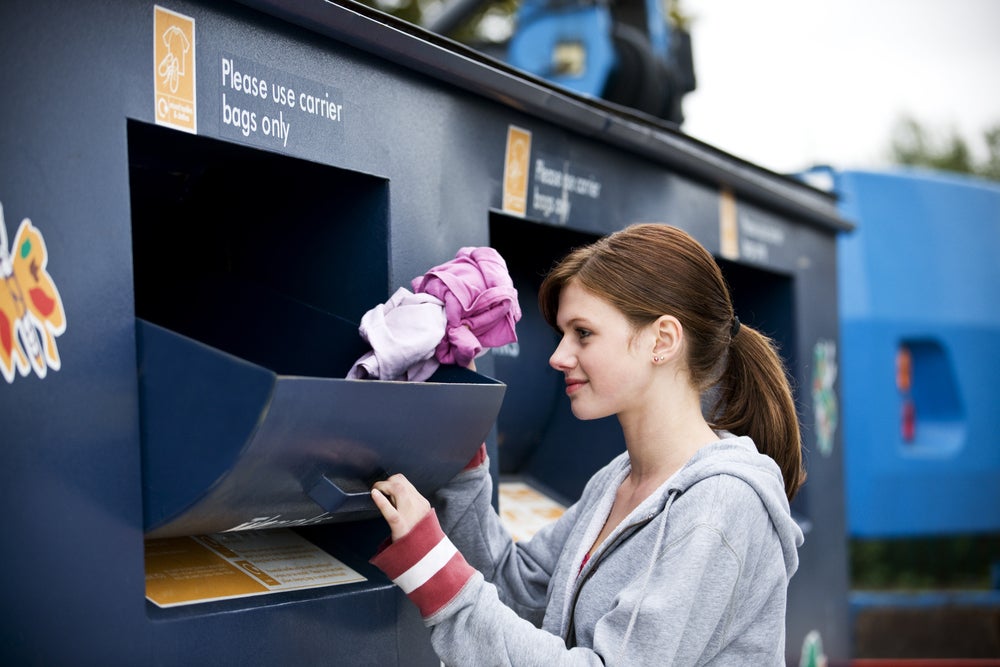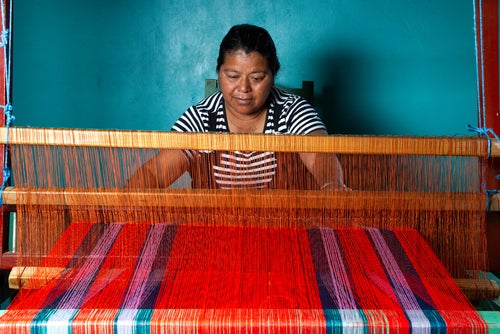In tandem with the release of its 2022 Corporate Responsibility Report (CRR), PVH Corp. has unveiled a series of advancements it's made toward achieving climate accountability during the past year.
It has partnered with fashion suppliers to set their own greenhouse gas emissions reduction targets and develop action plans to achieve those targets.
It has also launched its first sustainable supply chain financing programme that provides suppliers with better financing rates based on their sustainability. performance
Notably, the company conducted its inaugural climate-risk scenario analysis and bolstered its carbon accounting capabilities “to better understand climate risks across our operations and more precisely measure emissions reductions,” said chief sustainability officer Rick Relinger.
The company's measurement of supplier progress will be calculated against PVH's internal supply chain guidelines and the use of industry tools like the Social & Labor Convergence Programme and the Higg Facility Environmental Module (Higg FEM).
To demonstrate its commitment to worker rights, PVH signed the Pakistan Accord — a legally binding agreement to enhance worker safety by fostering collaboration between brands and trade unions.
Alongside the signing, the apparel company has launched a five-year $5m project in Bangladesh designed to provide professional and life skills development programmes to 100,000 women. These efforts complement ongoing initiatives in countries including Tunisia, Vietnam, India, and Sri Lanka.
It piloted its first-ever global mentorship programme for women, racially and ethnically diverse associates and other underrepresented groups to increase retention and development
PVH has also allocated $10m to the Apparel Impact Institute’s Fashion Climate Fund to “enable suppliers’ transition to renewable electricity, improve energy efficiency, eliminate coal in manufacturing, and scale sustainable materials,” explained Relinger.
With an eye toward reducing emissions, PVH is making deliberate design choices that have a lesser impact on the environment. The company joined biochemistry researcher Carbios’ consortium earlier this year, to develop its fibre-to-fibre bio recycling technology.
A collaboration with textile-to-textile recycling firm Renewcell resulted in a line of products for Tommy Jeans. Plus, partnering with the Ellen MacArthur Foundation's Jeans Redesign programme enabled the development of 43,000 garments which adhered to the organisation's guidelines.















